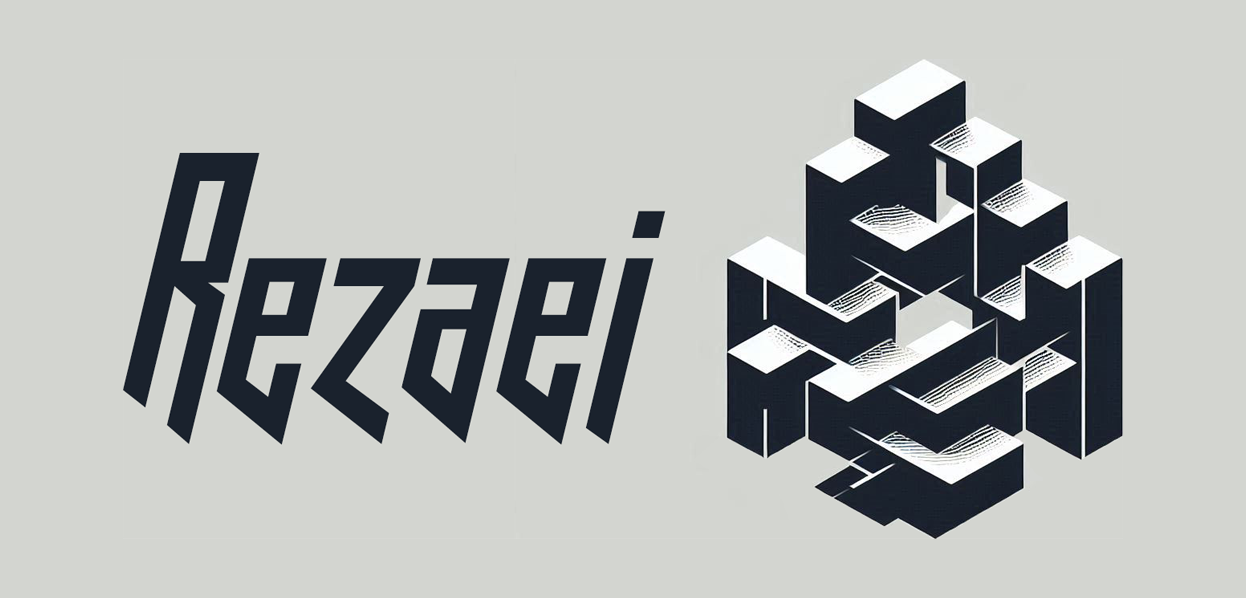Private Blockchains: Increasing Trust in Cryptocurrency Transactions
As the cryptocurrency market continues to grow and mature, one of the biggest challenges it faces is the lack of user trust. With the rise of Decentralized Financial (DeFi) platforms and other cryptocurrencies, the security and transparency of transactions has come under constant scrutiny. In this article, we explore how private blockchains can increase trust in cryptocurrency transactions.
What are private blockchains?
Private blockchains are a type of blockchain that enables the secure, transparent, and controlled storage and transfer of data. Unlike public blockchains like Bitcoin and Ethereum, which are open to anyone with the necessary hardware and software, private blockchains operate on a restricted access model. This means that only authorized users can create, modify, or delete transactions on the network.
Benefits of Private Blockchains
Private blockchains offer several benefits that increase trust in cryptocurrency transactions:
- Enhanced Security: Private blockchains offer additional security thanks to a limited access model. Only those who are explicitly granted access can view and manipulate the data on the chain.
- Enhanced Transparency

: With private blockchains, all transactions are recorded publicly, making it easier to track users’ assets and prevent fraud.
- Enhanced Trust: By providing a secure and transparent platform, private blockchains increase trust among users, who can now trust the security of their transactions.
- Reduced Risk
: Private blockchains minimize the risk of malicious actors manipulating or stealing users’ funds due to the lack of public visibility.
Use Cases for Private Blockchains
Private blockchains have numerous use cases that increase trust in cryptocurrency transactions:
- Decentralized Finance (DeFi): Private blockchains can be used to create decentralized lending platforms, stablecoins, and other financial services that operate in a secure, transparent, and controlled environment.
- Supply Chain Management: Businesses can leverage private blockchains to track the movement of goods across multiple supply chain partners, ensuring authenticity and reducing counterfeiting risks.
- Identity Verification: Private blockchains can be used to create secure identity verification systems for individuals, reducing the risk of identity theft and increasing trust in online transactions.
- Healthcare: Health information and other sensitive data can be stored on private blockchains, providing a secure and compliant environment for healthcare professionals.
Challenges and Limitations
While private blockchains offer many benefits, they also come with challenges and limitations that need to be considered:
- Cost: Creating and maintaining a private blockchain can be expensive, especially for large applications.
- Scalability: Private blockchains may not scale as efficiently as public blockchains due to their limited access model.
- Regulatory Compliance: Private blockchains must comply with existing regulations and laws, which can complicate their development.
Conclusion
Private blockchains have the potential to revolutionize the way we think about cryptocurrency transactions by increasing trust in the security, transparency, and oversight of these financial instruments. By providing a secure and private environment for storing and transferring data, private blockchains can help build user trust, reduce risk, and increase adoption across industries.
As the cryptocurrency market grows and matures, private blockchains will play an increasingly important role in shaping the future of finance and beyond.
Recommendations
۱.
